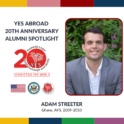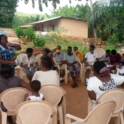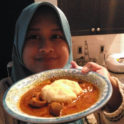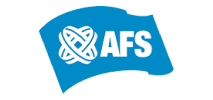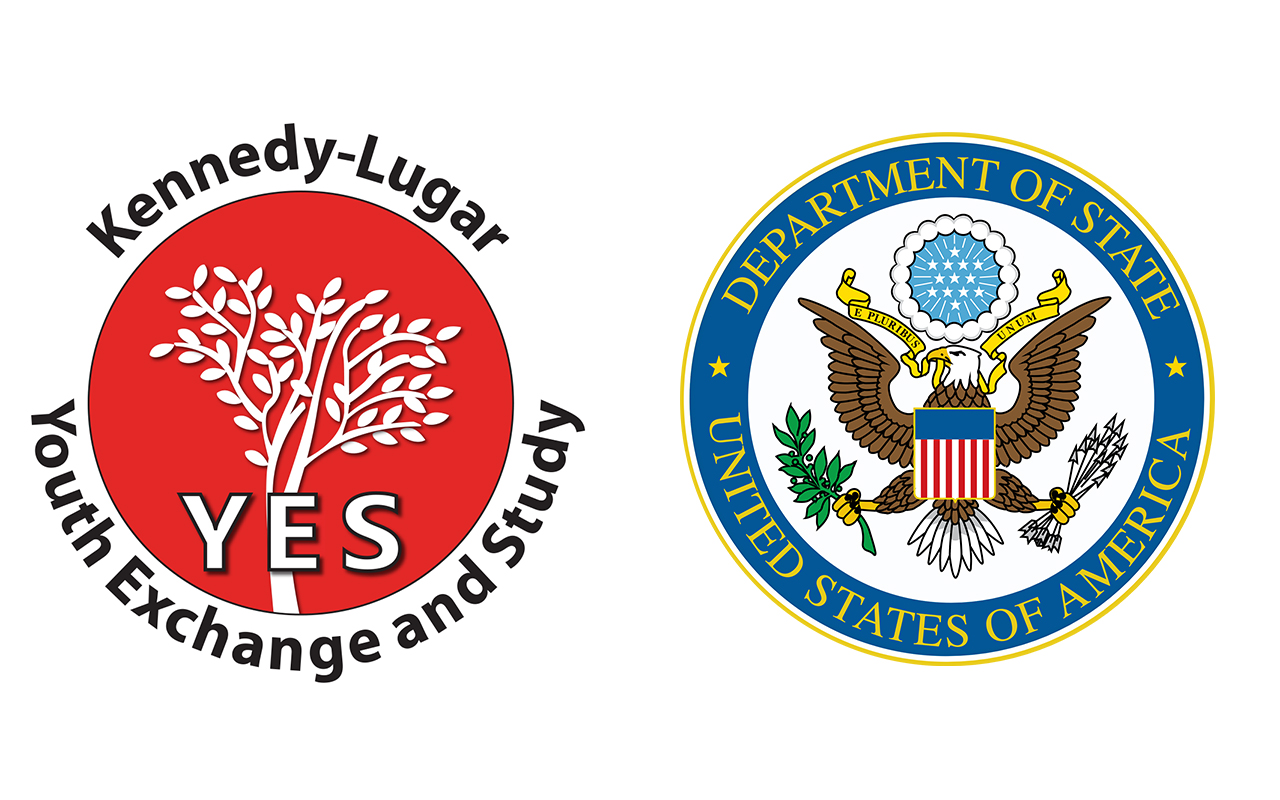Ghana
Study in GHANA with YES Abroad!
Ghana, known officially as The Republic of Ghana, located on the coast of West Africa, visibly blends tradition with modernization in everyday life. Ghana declared its independence from Britain in 1957 and is now a secular democracy, full of varied ethnic groups and religions. The largest population of Ghanaians is Akan, but there are significant numbers of people with Mole Dagbon, Fante, Ga, Ewe, and Ga-Dangme backgrounds. While the population is predominantly Christian, nearly 18 percent of the population is Muslim. There are about 79 languages and dialects spoken in Ghana, all of which are constantly evolving and mixing with one another, although the official language remains English.
The two major cities, Accra and Kumasi, are bustling with people dressed in both traditional and Western attire. The packed, colorful Makola Market, in the heart of Accra, offers everything from fish, to furniture, to shoes, while the vast, vibrant Kumasi Market is open to traders from all over West Africa.
Although the typical cuisine varies by the region, Ghanaians tend to cook simply yet flavorfully. Rice is a staple throughout most of Ghana and is often accompanied by rich stews and lentils, chicken, fish, plantains, and yams. The climate is tropical equatorial, with temperatures on average around 80 degrees Fahrenheit and heavy rain seasons. The geography mostly consists of low plains and plateaus in the south-central regions.
Most host communities are urban or suburban, and while some host families may own a car, the most common forms of transportation include cars, buses, mini-busses, car, tro-tro, taxis, car services, and walking. Students typically commute anywhere between 10 and 60 minutes each way by bus, mini-bus, or tro-tro to their host schools.
Learn more about being a YES Abroad student in Ghana:
Host Family
Students will live with host families in order to experience true immersion in the local culture. Families are selected based on recommendations by members of the local community, and each is carefully screened by AFS staff and volunteers. Families are carefully vetted through a thorough application process and are highly regarded by their relatives and neighbors. While highly regarded by their relatives and neighbors, host family situations and accommodations vary, providing a unique experience for each student. Host communities exist through the presence of a strong support network, with a local volunteer, staff member, or "liaison" available to each student.
Your High School
Students will attend public or private secondary schools. The primary language of instruction will be English. School typically runs Monday to Friday, and a strict dress code and uniform are mandatory and enforced. Students may have the opportunity to participate in a number of extramural and extracurricular activities, such as drumming, traditional dance, batik tie-dye, and Kente weaving.
The Political & Security Environment
The United States enjoys good relations with Ghana. Ghana is an active member in organizations such as the UN, AU, WTO, and ECOWAS.
For more information, visit the CIA World Factbook.
Health & Safety
With a more than 55-year presence in Ghana, AFS draws on strong local connections for a deep understanding of the intercultural, health, safety, and security issues. Students are given safety briefings by AFS and are registered with the U.S. Embassy in Accra to receive travel alerts. AFS works closely before arrival and throughout the exchange year to discuss and prepare for students' well-being. YES Abroad students are supported on the ground by AFS staff members and volunteers. Each student is given a mobile phone upon arrival for emergency use, along with the contact number for the local support representative and the national AFS Ghana office. Students are covered by medical as well as political and security evacuation benefits. Students, host families, and natural families will have access to a 24-hour emergency number, and AFS staff and volunteers are trained to deal with incidents that may occur on-program.
For further information on Ghana, visit the U.S. Department of State's website.
Enrichment Activities
Students may have the opportunity to take part in various activities to increase their interaction with local peers in Ghana. Activities may include field trips, sporting events, cultural excursions, social outings, and community service projects. Examples of previous enrichment activities include:
- Meeting with the Public Affairs Section of the U.S. Embassy;
- Community service activities, such as volunteering with organizations for children or local schools;
- Excursions to different regions in Ghana, such as Kakum National Park and the Cape Coast and Elmina castles;
- Cultural days with Ghanaian YES alumni who studied in the United States.


